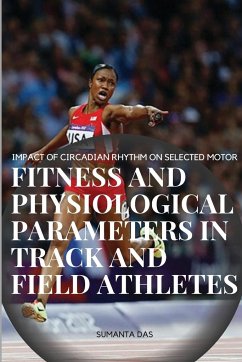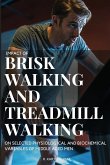Circadian rhythm may be defined as a natural, biological process to regulate the sleepwake cycle and normally repeats in 24 hours (Reilly, ). According to the etymology of the term "circadian", it comes from the Latin word 'circa', meaning "around" and 'diem', meaning "day"(Hower et al. ). The physical, mental and behavioral structures are affected by the circadian rhythm which is primarily regulated by the diurnal effect (day-night) of the earth (Winter et al. ). However circadian rhythms are endogenous ("built-in", self-sustained) by nature and adjusted (entrained) to the environment by external signals called Zeitgebers (sunlight). Although many other internal and external factors such as chronic physical exercise, fatigue, sleep quality, anxiety, attitude, lifestyle, etc. broadly alter the dimension of circadian rhythm (Touitou and Haus, 1992). The circadian rhythm or sleep-wake cycle is largely controlled by the Suprachiasmatic nucleus (SCN) situated at the hypothalamus gland of the brain. In a simplified way, the hypothalamus collects signal via the optic nerve from the eyes and respond to signals accordingly through SCN. The light stimuli trigger SCN (releases cortisol and melatonin) and darkness innervates SCN as well as other parts of the central nervous system (CNS) to regulate neural and hormonal activity, heart rate, blood pressure, core body temperatures, and other internal mechanisms of the human body.








